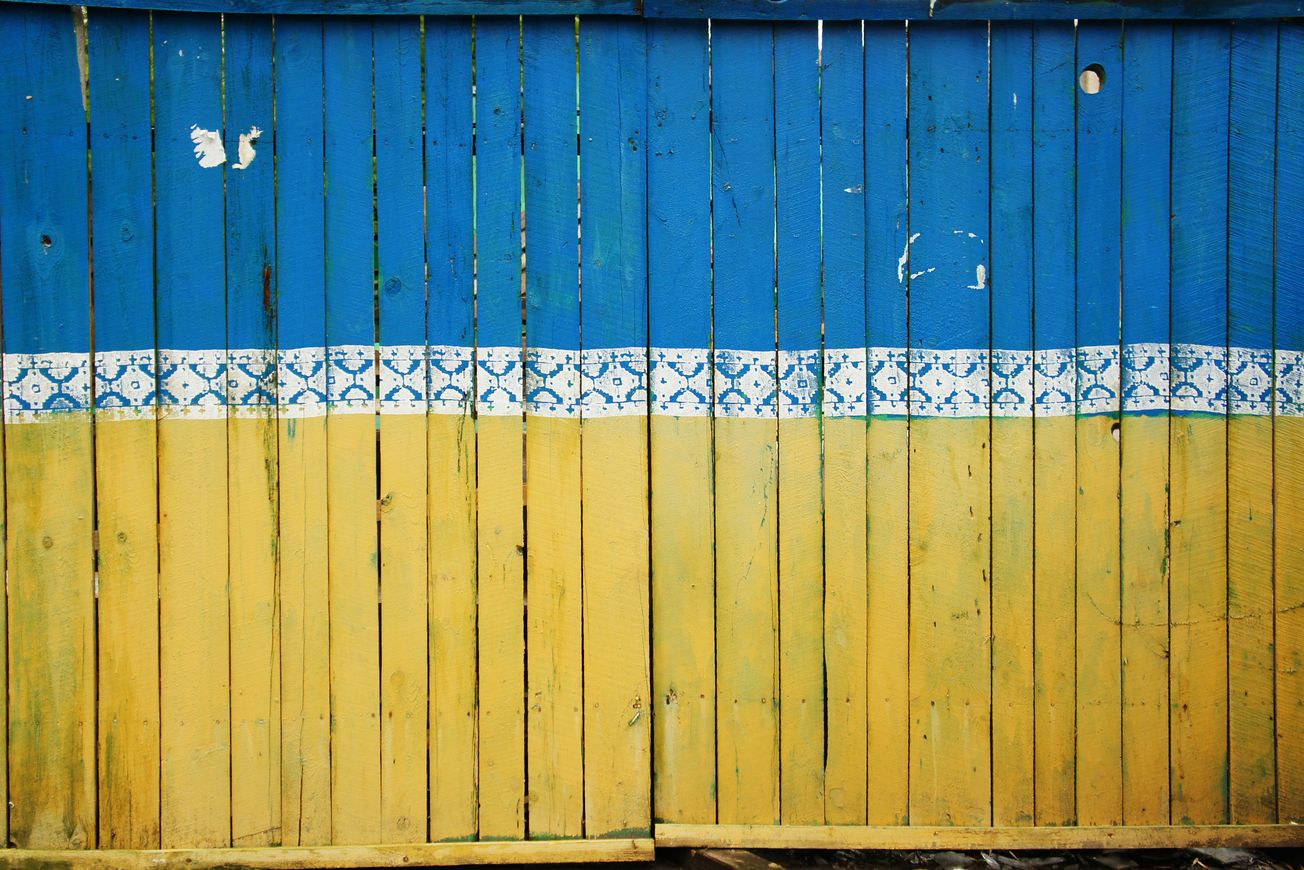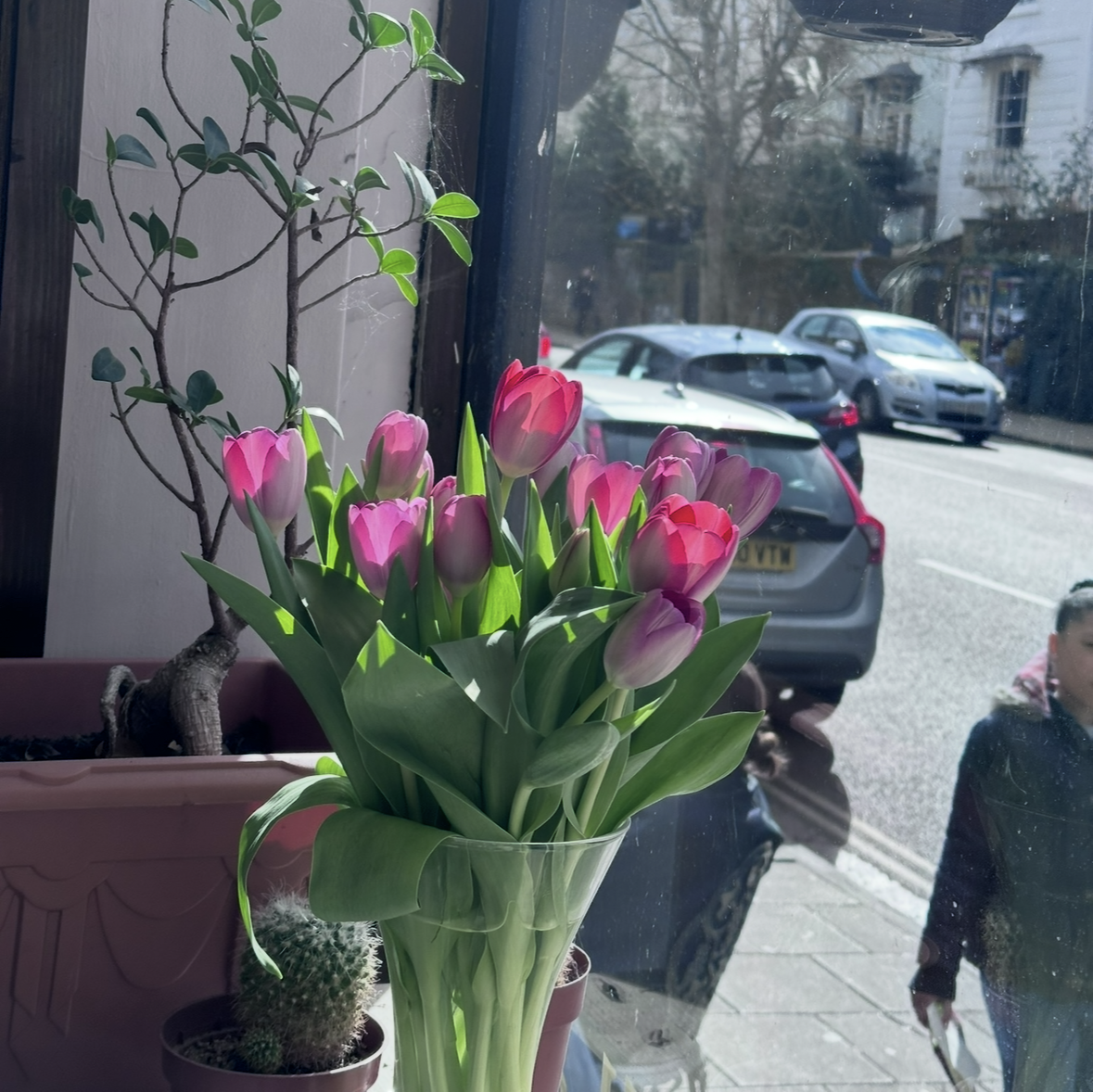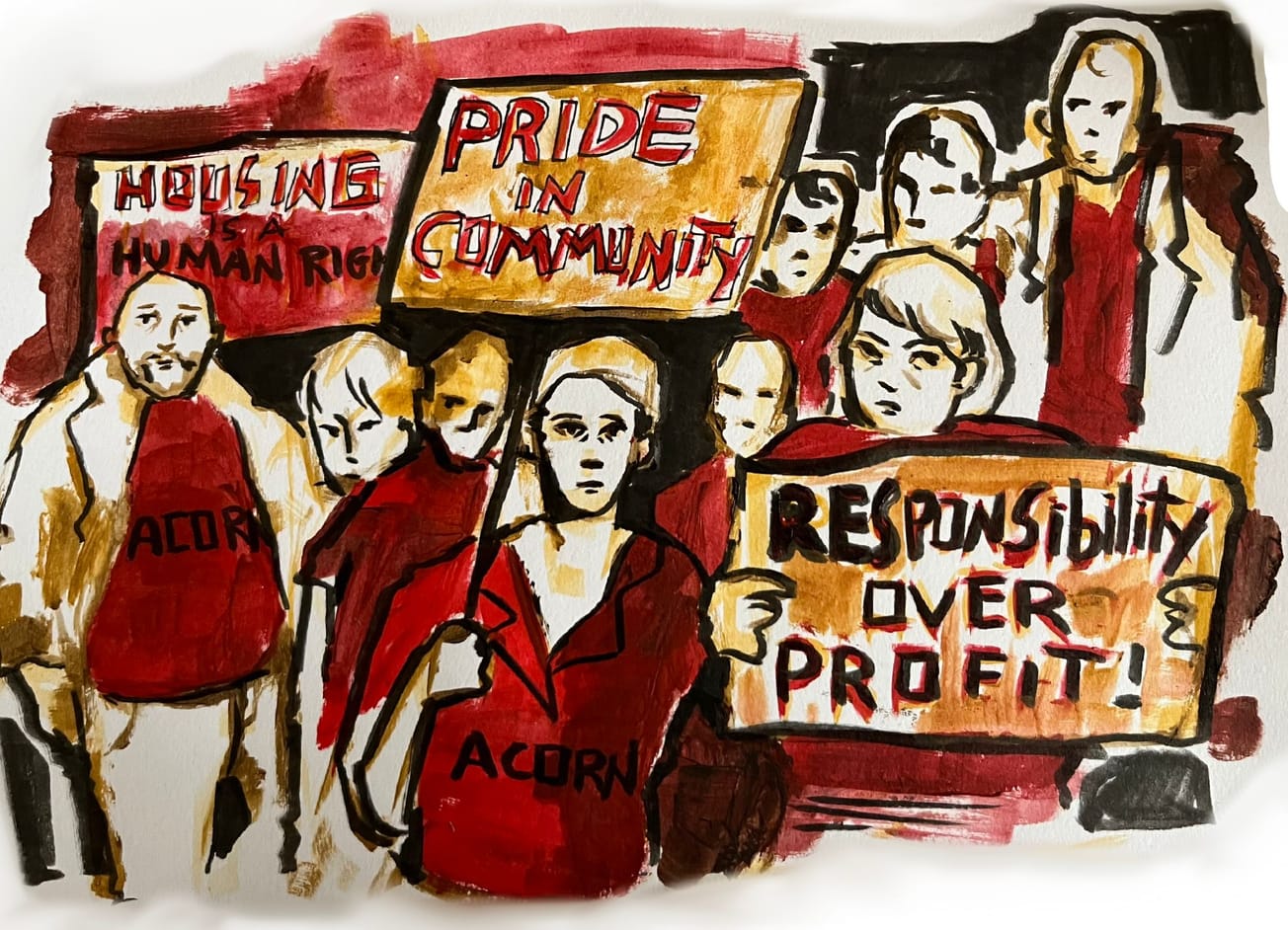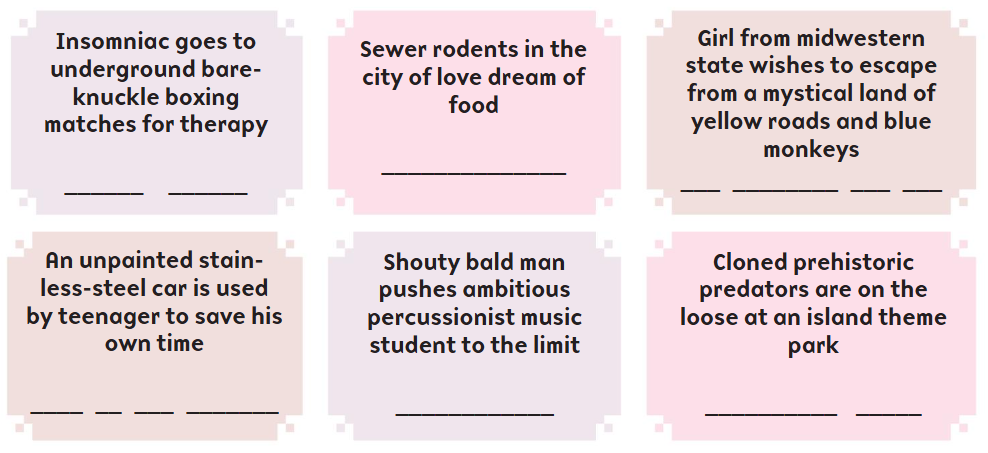By Quinn Clearwater, Second Year Philosophy and Politics
Since the Euromaidan protests in 2014, the sovereign state of Ukraine’s political climate has moved towards Europe and democracy, consequently posing a perceived threat to Russia’s ‘security’ with the possibility of Ukrainian NATO membership. This tension has culminated in an unprecedented and unjust invasion of Ukraine by the Russian military, resulting in countless deaths and destruction, often ruthlessly targeted at civilians.
However, it is important to remember that while Vladimir Putin makes decisions on behalf of Russia as country, not all Russian people agree with his actions, and he is not representative of everyone’s real interests.
Epigram recently spoke to Russian students at the University, who raised their concerns regarding the ongoing war in Ukraine.
‘I do feel embarrassed because of my government,’ one student admitted, ‘I know that I didn't elect or vote for Putin but even the people who voted for Putin were the minority of the population, because all the elections were rigged.’
Although playing no part in the war whatsoever, there remains an (underlying) anxiety in Russian people of being perceived that way. As a result, it has become difficult for some students now to carry their Russian identity.
Russia bombs theatre in Ukrainian city of Mariupol where hundreds of civilians were sheltering, deputy mayor says https://t.co/KPOwGIUDBQ
— BBC Breaking News (@BBCBreaking) March 16, 2022
‘I know that I shouldn't be embarrassed just because of my nationality or ethnicity because it's not what I'm doing, it's not what the Russian people actually support. But at the same time, I feel that when I talk to Ukrainians, they're not particularly happy to talk to me,’ one student explained,
‘I wouldn't say it's discrimination. I feel like they know that this behaviour is completely irrational, but at the same time, they know that Russian people are killing their families. Russian people are killing people they actually know back in Ukraine, and obviously that makes it difficult to be friends with Russian people.’
This fear of discrimination equally extends to students’ family members. One interviewee, whose family lives in the UK, recalled their feelings when they first read about the war in the news.
‘My first reaction, when I heard about this was fear for my mum and her status in this country. Because often with war comes a lot of discrimination … it kind of scared me in that sense, because how are people going to treat my mum now?’
'Often with war comes a lot of discrimination … it kind of scared me in that sense, because how are people going to treat my mum now?’
For students who live in Russia, an air of uncertainty defines their near futures. One student mentioned how their dad had transferred all of their tuition money to them in pounds, to avoid the very real possibility of the complete prohibition of Russian banks in the UK. He also highlighted the uncertainty and challenges of travelling home to see his family.
‘I may be able to return this summer, I may not. Currently the airspace is closed and even if I am able to return to Russia, there’s the fear of being conscripted. I very much would not want to serve as the aggressor in this in this war at all.’
For Ukrainians and Russians alike, there is and has been little to no support from the University. There is a sense that an email of ‘good will’ doesn’t quite cut it for these students.
For Ukrainians and Russians alike, there is and has been little to no support from the University.
One student expressed their resentment towards the University’s response: ‘All the university has done so far is sent me two emails regarding, you know, there’s this war happening in Ukraine in case you haven't heard. So, if you want to reach out, we have amazing student health support systems and services, you can talk to them. If you book an appointment, you can book an appointment, for like three months’ time or something like that, because they're very busy, apparently.’
When asked what sort of support the University should be providing to people affected by the war, the response of one student was:
‘In the case of Russian people like me who may not be able to go home this summer, and especially in the case of Ukrainian people who don’t know if it’s going to be safe to go home, there definitely should be some sort of accommodation provided by the University,’
‘Obviously, we want to go back to our friends and families. We want to go back to our country and our homes. But if in the case that we're not going to be able to do that it would be great if we had some place to live.’
In a recent statement released on 2 March, the University stated:
‘The ongoing escalation of military action in Ukraine has impacted many colleagues and students at the University of Bristol. Our thoughts are with all those affected by current events and we will do what we can to support them. Bristol is a diverse community with many different nationalities – we ask our community to respect and support each other during these grave times.’
'We want to go back to our country and our homes. But if in the case that we're not going to be able to do that it would be great if we had some place to live.’
The University then provided students and staff with a resource list of help and support sources available, including services in the UK, Ukraine, Russia and Belarus, which can be found here.
The overwhelming feeling amongst the students Epigram spoke to was frustration. The actions and decisions made by an undemocratic leader have put his own people at a detriment, and there is little the people can do about it. Consequentially, it is important to be understanding of one another and to offer support, regardless of any preconceived prejudices.
For students struggling or who may be affected by the ongoing war in Ukraine, please contact the Student Wellbeing Service to request guidance and support. If you have any queries regarding wellbeing support, please contact the University’s Wellbeing team by emailing wellbeing-access@bristol.ac.uk or calling +44 (0)117 456 9860. The phone line is accessible 24 hours a day, 7 days a week.
Featured Image: Unsplash | Tina Hartung









